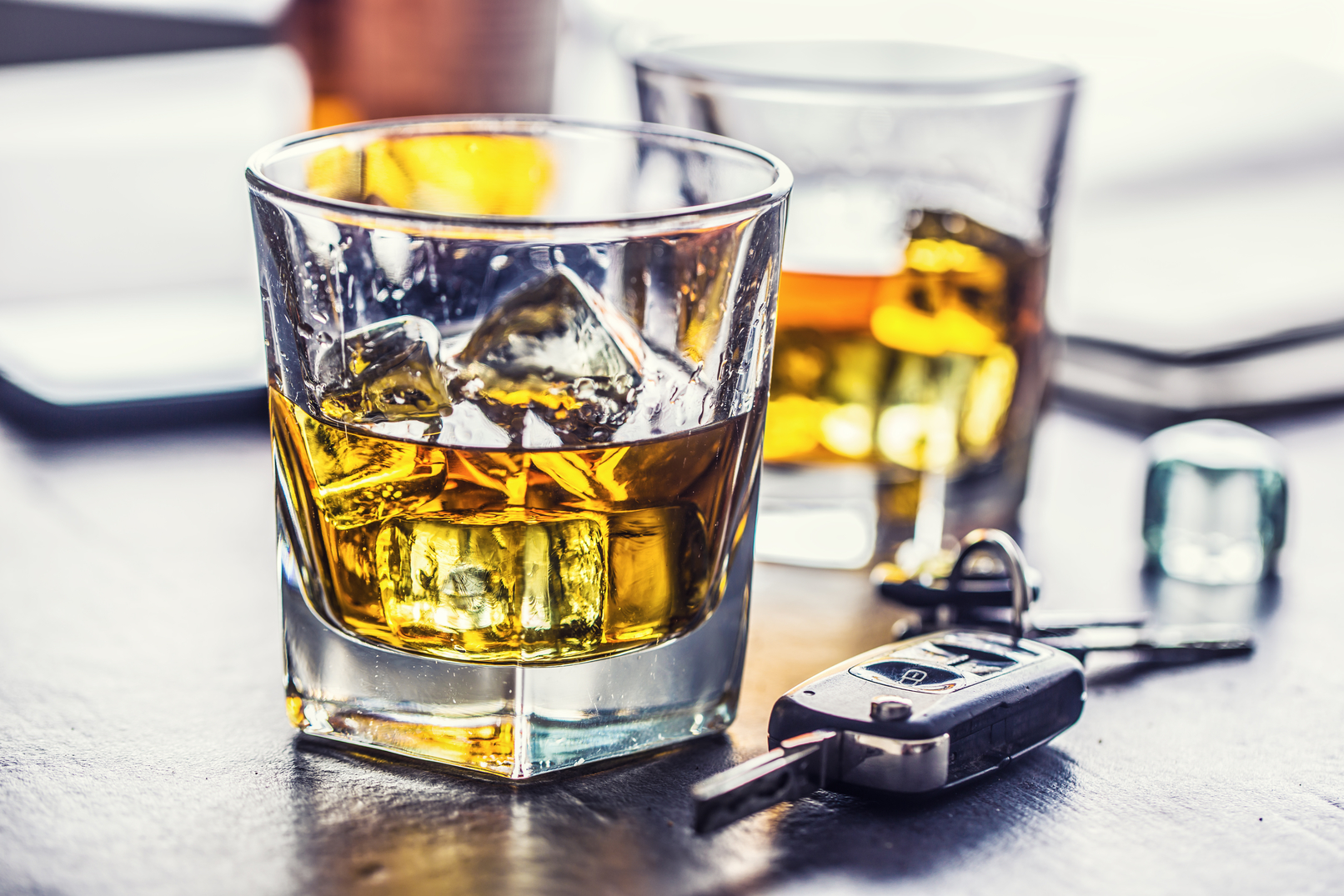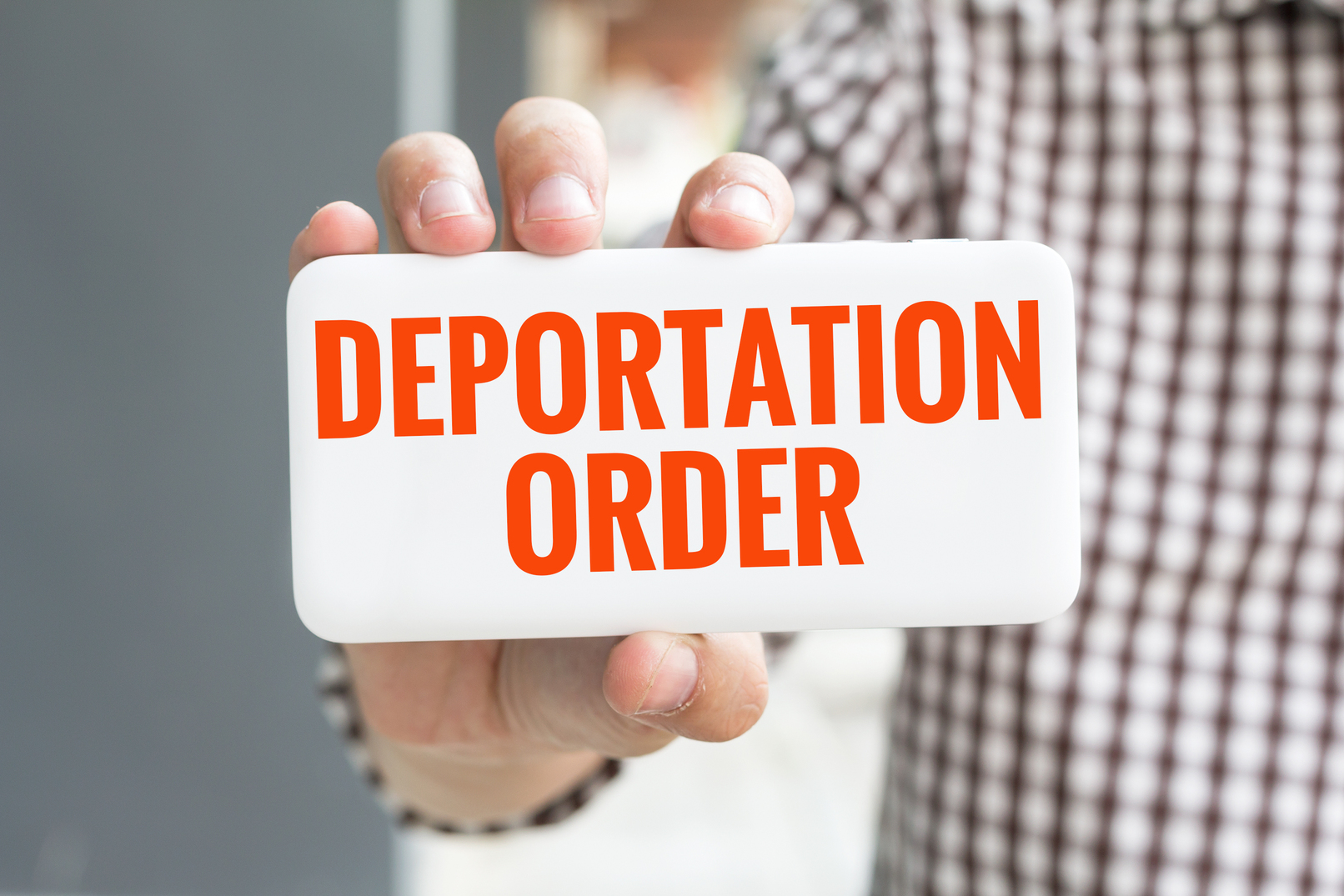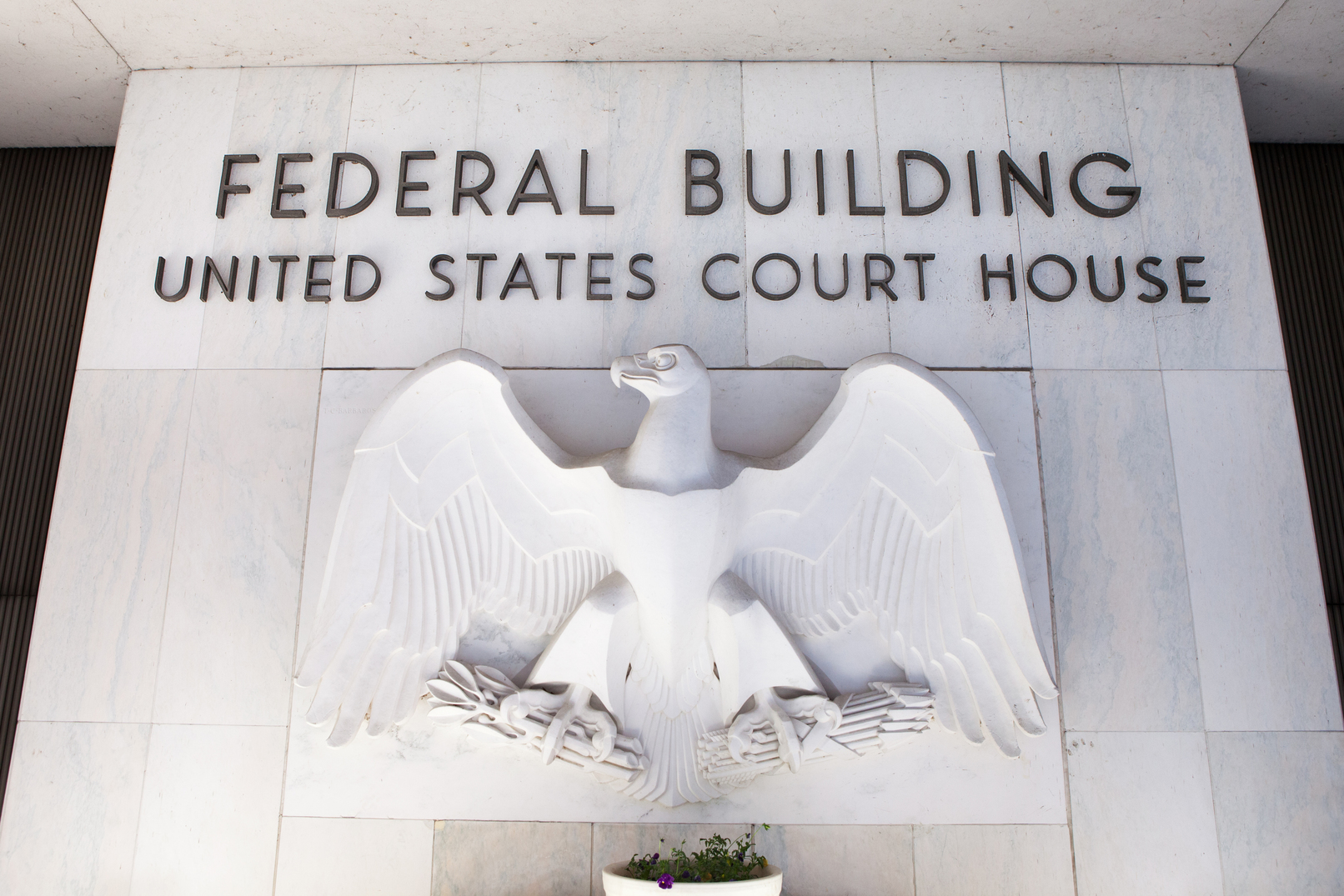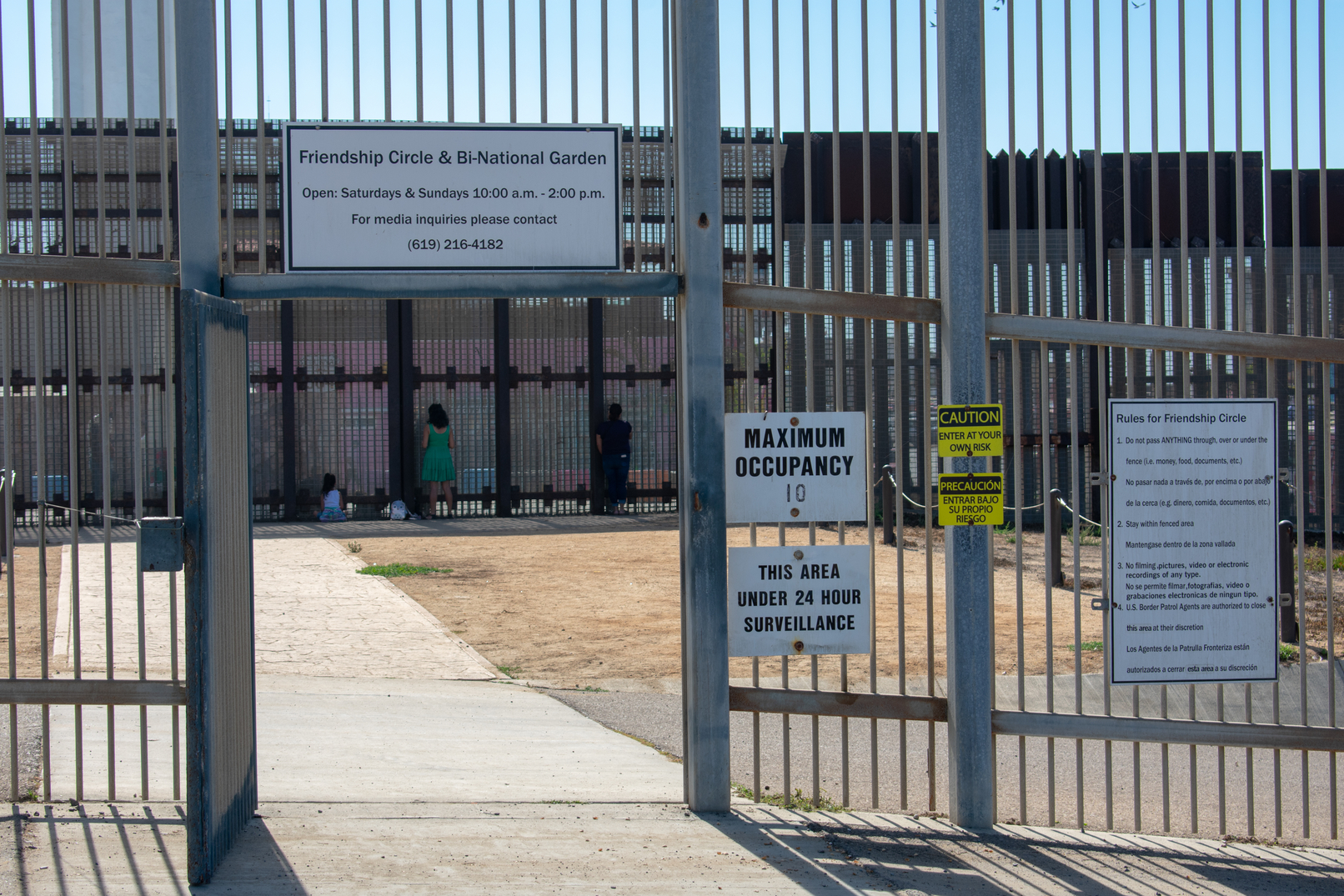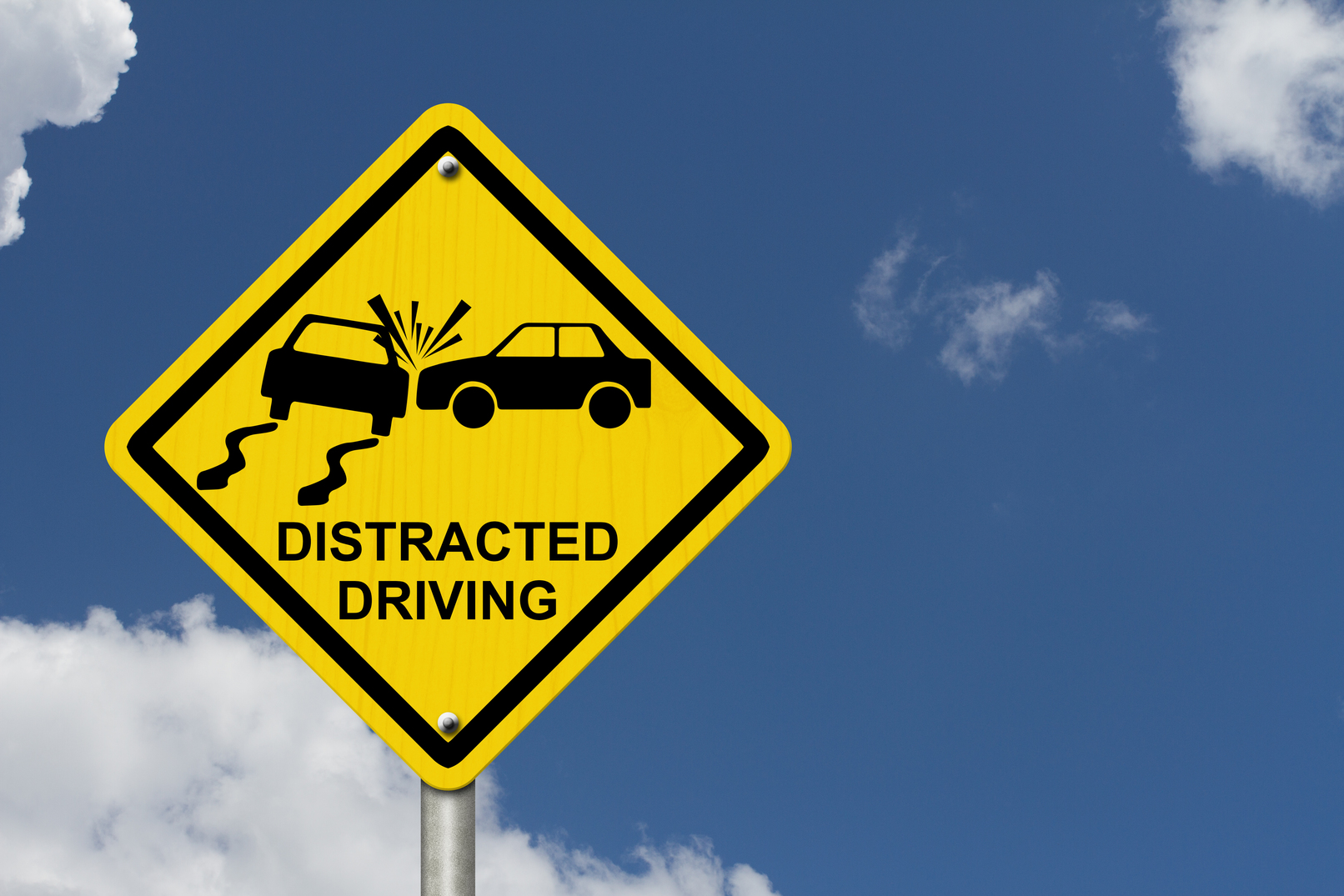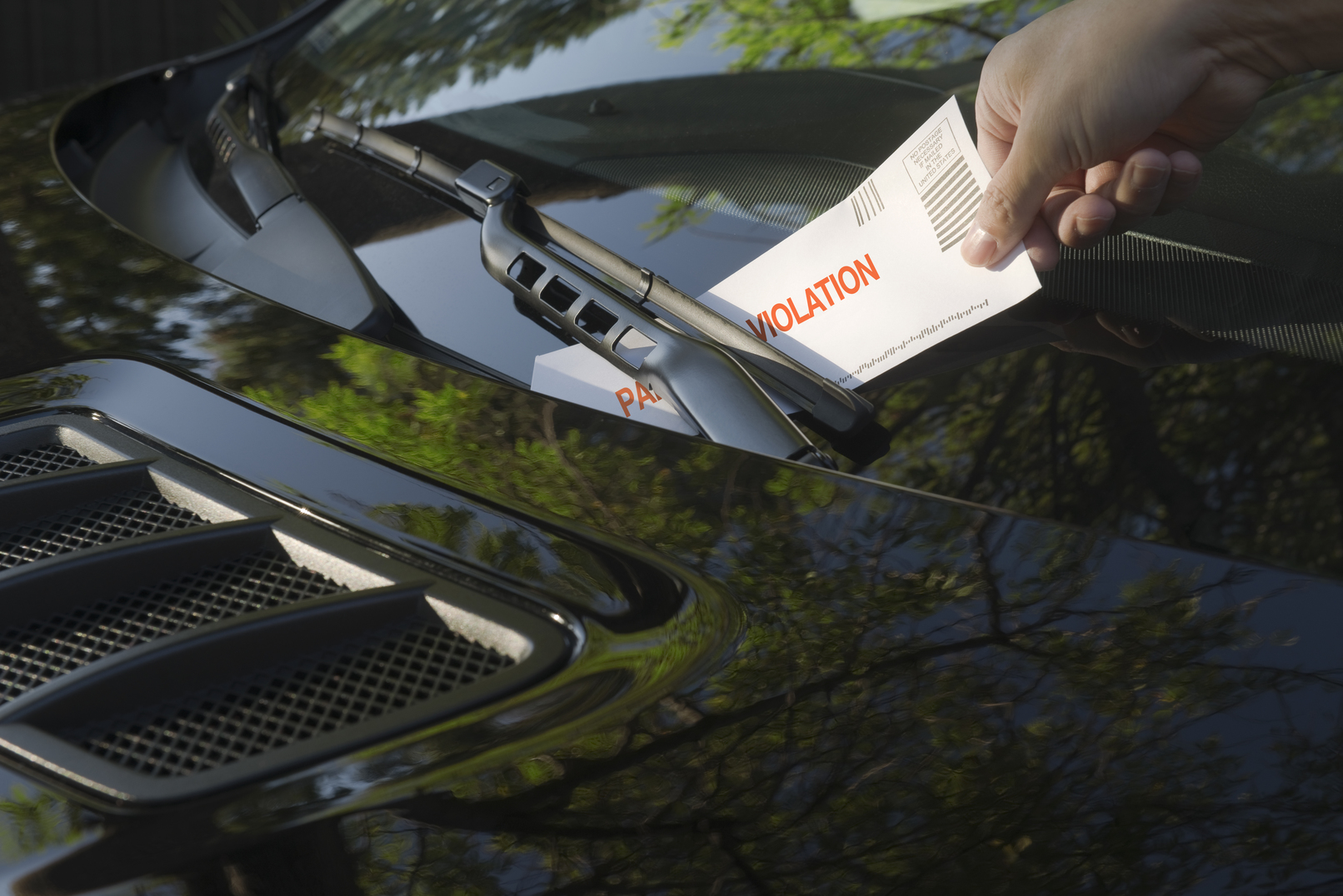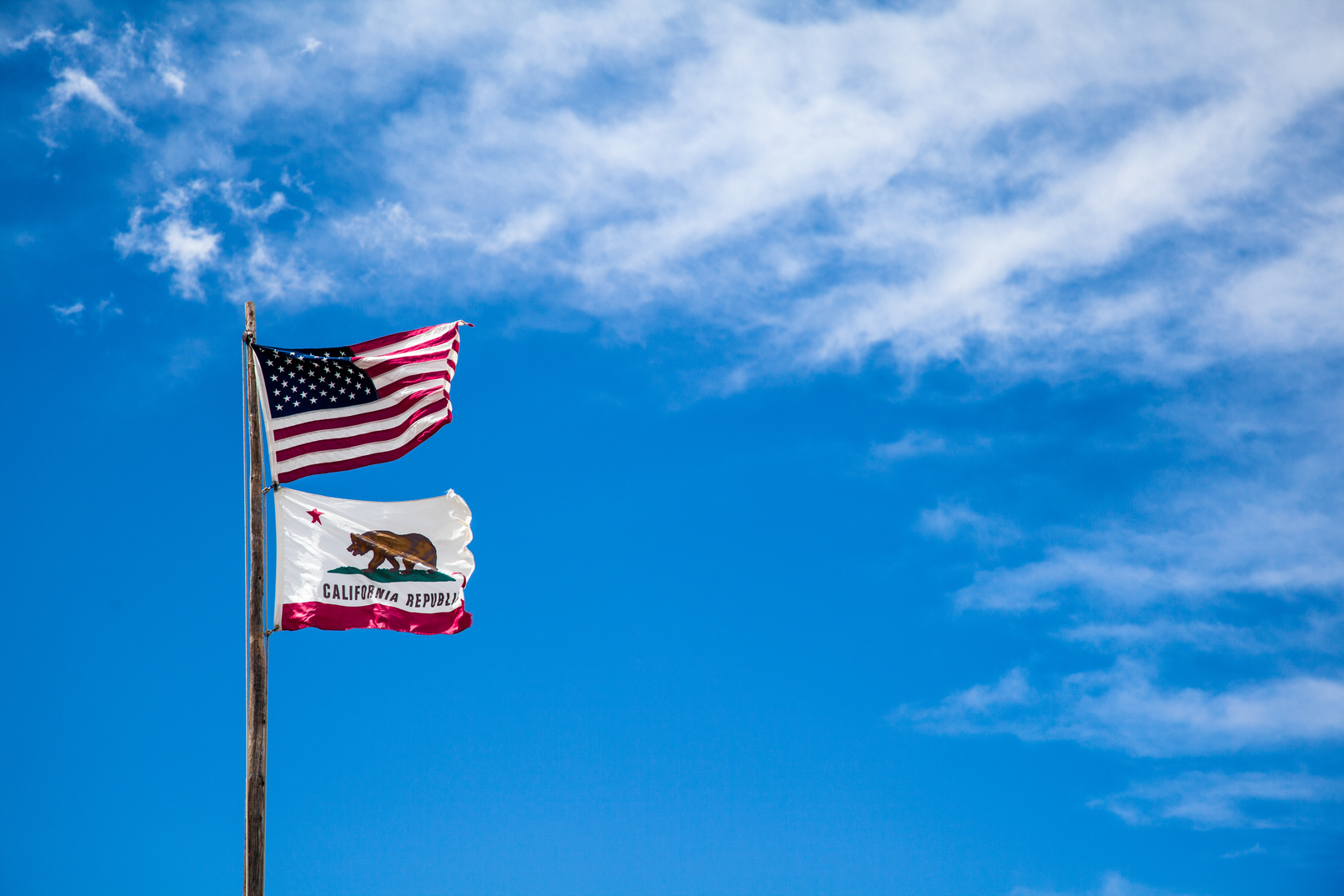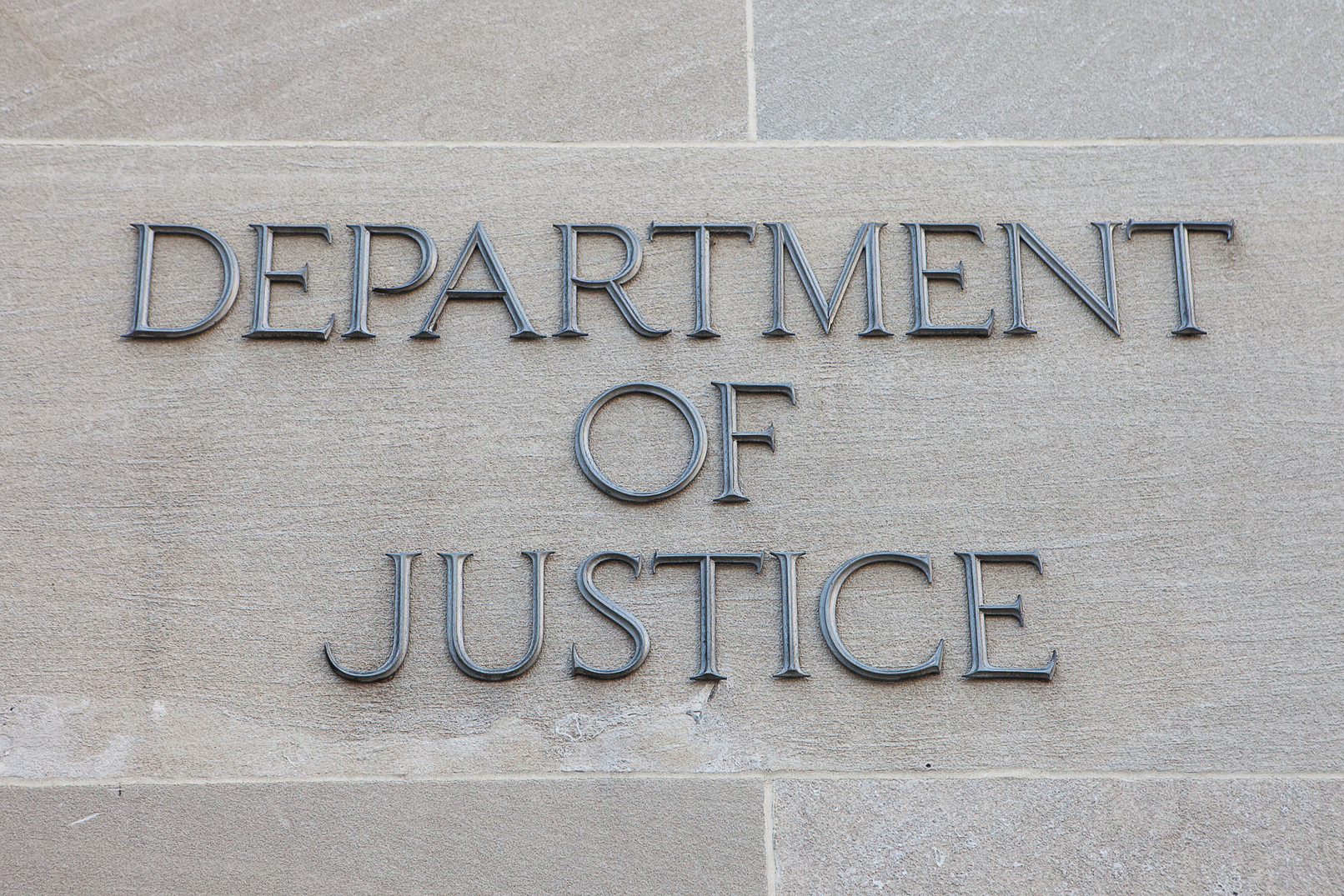The family of a 24-year-old bartender who was employed at a Florida restaurant owned by Tiger Woods is suing the pro golfer for wrongful death. The lawsuit states that Woods and his girlfriend, who allegedly manages the restaurant, should have stopped the employee from drinking excessively, which he reportedly did before dying in a single-vehicle car crash.
Immigrants in California can still be deported if they were convicted of a crime involving marijuana before voters approved the legalization of the drug in 2016.
A judge in Washington, D.C. ruled that gifts from foreign governments to Trump businesses might violate the Emoluments Clause of the Constitution.
On Thursday, April 25, 2019, Facebook, Inc. and Instagram, LLC filed a lawsuit in the United States District Court for the Northern District of California against Social Media Series Limited, a New Zealand company, and three other individual defendants for selling fake engagement services to Instagram users. The complaint alleges that the defendants sold fake likes, views, and followers to Instagram users as a service. Facebook and Instagram suspended the defendants' accounts and then warned them formally, in writing, to notify defendants that they were violating Instagram's Terms of Use and Community Guidelines. The defendants continued to violate Instagram's Terms of Use and Community Guidelines, which resulted in the lawsuit.
In a new ruling, Judge Dana Sabraw has given the federal government six months to locate children separated from their families at the border under the Trump administration's "zero tolerance" immigration policy. Though many of the more than 2000 children the government took from their families have since been reunited pursuant to a June 2018 court order, reports indicate that there may be thousands more children that are currently unaccounted for.
Connecticut motorist Jason Stiber claimed that he was eating a McDonald's hash brown when police gave him a ticket for distracted driving last year.
The Third Circuit Court of Appeals ruled that the city was justified in attempting to prevent sexual orientation discrimination by withholding referrals of foster children to agencies that do not work with same-sex parents. It did not find any religious persecution or bias that would make the policy unconstitutional under the First Amendment.
In the first of its kind decision, the United States Court of Appeals for the Sixth Circuit issued a unanimous opinion declaring that chalking tires, a common practice in areas without parking meters to track how long a car has been parked in a particular spot, is a violation of the Fourth Amendment.
This week the US Court of Appeals for the Ninth Circuit issued a decision affirming the lower court's decision upholding three California laws against a challenge by the federal government. The federal government challenged the three laws, which all pertain to the state's status as a "sanctuary" state, on the grounds that they are preempted by federal law and that they violate a doctrine known as intergovernmental immunity.
Attorney General William Barr has released a redacted version of the Mueller Report today. Read a copy of the report here. Photo credit: Shutterstock.com/Mark Van Scyoc…

